Easy Oobleck Recipe
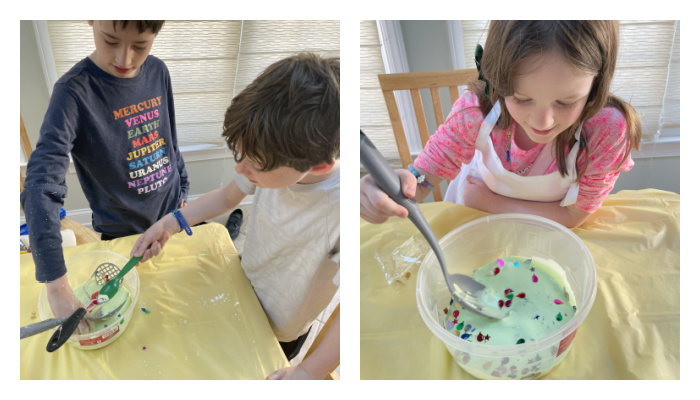
This post may contain affiliate links; please see our terms of use for details.
- Oobleck was popularized by Dr. Seuss’s book Bartholomew and the Oobleck, in which a green, gooey substance falls from the sky and wreaks havoc on the kingdom.
- Oobleck is a simple recipe consisting of cornstarch and water, with optional food coloring for added fun.
- Oobleck is a non-Newtonian fluid with liquid and solid properties, teaching kids the principle of viscosity.
Is it a solid or a liquid? That’s one of the many questions your kiddos may ask while playing with oobleck. While I’m not always keen on messy projects, I love the idea of oobleck. (As a bonus, it’s easy to make oobleck and so much fun!)
An oobleck experiment is a simple project made from cornstarch and water, based on Dr. Seuss’s book Bartholomew and the Oobleck. Oobleck is unique because it’s neither a solid nor a liquid but has both consistencies.
This oobleck recipe is easy to follow and will provide the fun your kids need on a rainy or hot summer day. It’s also a great learning activity that teaches your kids about non-Newtonian fluids, which are materials that change viscosity (thickness) when you apply quick pressure.
What to Prepare
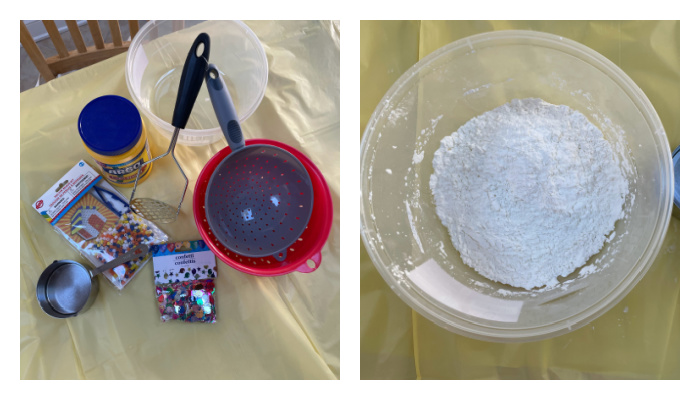
- Hardcover Book
- Dr. Seuss (Author)
- English (Publication Language)
- 56 Pages – 10/12/1949 (Publication Date) – Random House Books for Young Readers (Publisher)
First, you may want to pick up a copy of Dr. Seuss’s Bartholomew and the Oobleck so you can read it together before you work on this classic science experiment! Soon, you’ll ask, “Is oobleck a solid or a liquid?”
It’s not hard to make oobleck, but it can get messy, so ensure you cover your space. Before you make oobleck, you want to ensure you have everything situated before you begin because you won’t want to rummage through slime-covered drawers. My kids love playing with anything messy, so I try to prepare myself beforehand.
While you likely already have the supplies, I recommend going to the dollar store for the following materials:
- Plastic tablecloth
- Plastic gloves
- Plastic tubs with lids
- Slotted spoons
- Food coloring
- Potato masher
I didn’t want to get our everyday utensils and Tupperware full of oobleck, so I saved everything for next time.
I also put a plastic shower curtain liner under the tablecloth for extra protection. Oobleck is similar to making slime and can get into the crevices of your table and floor.
DIY Oobleck Recipe
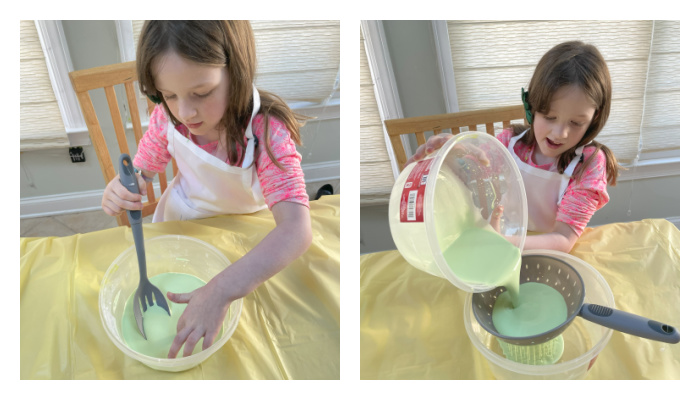
It’s a funny name—and serious fun! One of the best things about making oobleck is that it only requires two ingredients! While you’ll need a few extra materials, it’s a great science experiment that doesn’t break the bank.
While there are plenty of oobleck recipes, I like to aim for simple and avoid unnecessary steps. Generally, oobleck is two parts cornstarch and one part water, so you can alter the recipe depending on how many kids you have.
The goal is to aim for a mixture that feels like a liquid when you stir it but behaves like a solid when applying pressure.
Oobleck ingredients:
- 1 cup of cold water
- 1.5 cups cornstarch (or white cornflour)
- Large bowl
Optional materials:
- Food coloring
- Potato masher
- Slotted spoon
- Colander
- Gloves
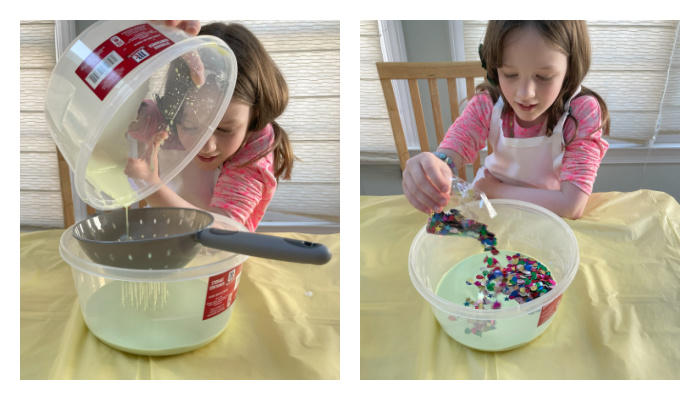
Step-by-step instructions for making oobleck:
- Pour cornstarch into a large bowl.
- Slowly mix the water while stirring continuously.
- Test the consistency by stirring it slowly or poking it.
- If it’s too thick, add more water.
- Add a few drops of food coloring.
Note: If you have to, you can use potato starch instead of cornstarch.
Tips for Perfect Oobleck
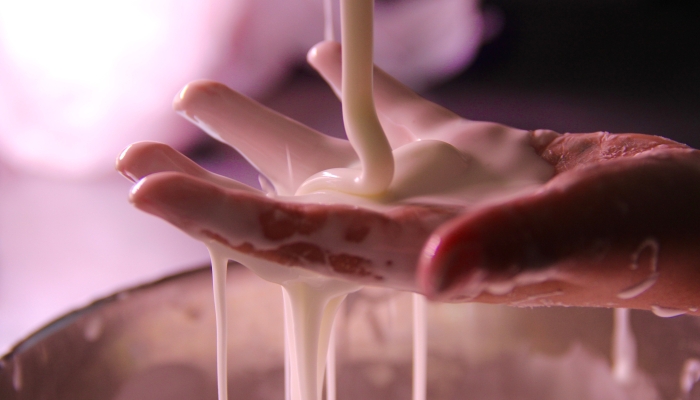
While making oobleck is straightforward, here are some tips and tricks to ensure you get the best results from this fun activity:
- Add the food coloring to the water before adding the cornstarch.
- Add more cornstarch if the oobleck is too watery.
- Add more water if the mixture is too solid or flaky.
- Add a little water if the oobleck dries out.
- Use cold water when making oobleck.
Also, ensure your kids wash their hands immediately after playing so they don’t get oobleck on the walls or furniture.
Sensory Play Ideas
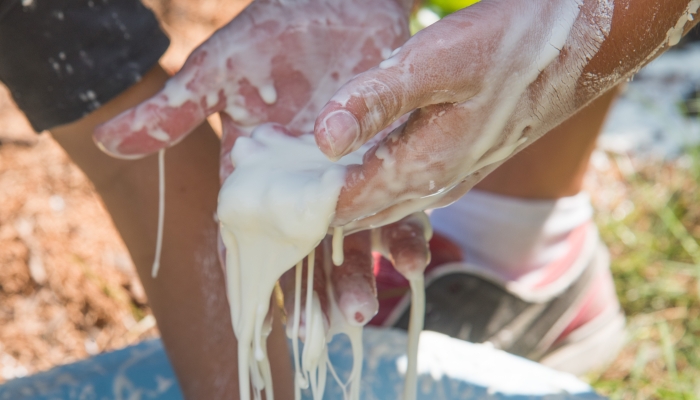
Making oobleck is one of those fun activities that doubles as sensory play. According to the Cleveland Clinic11. What Is Sensory Play? The Benefits for Your Child and Sensory Play Ideas. Cleveland Clinic. 2022. https://health.clevelandclinic.org/benefits-of-sensory-play-ideas , sensory play has the following benefits:
- Helps with language skills
- Helps develop fine motor skills
- Aids in cognitive growth
- Has a calming effect
- Fosters social interaction
When you make oobleck, you can create a sensory bin and let your kids add various objects to the mixture. You can also show them that the more pressure you apply, the more it feels solid. However, as you release the pressure, it flows like a liquid.
Oobleck is also a fun way to teach your kids about science and get them excited about learning.
Creative Ways to Use Oobleck
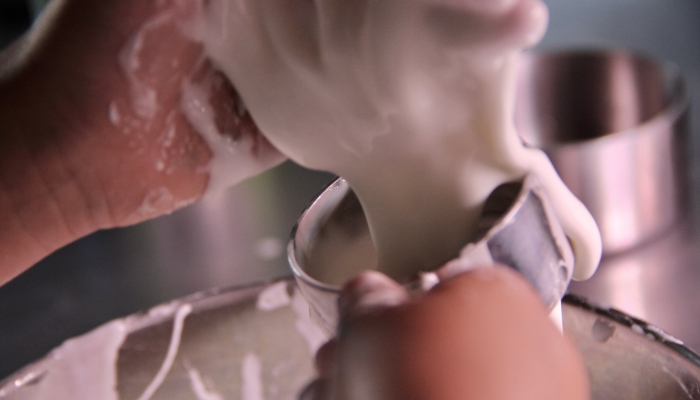
Oobleck has proven to be a fun experiment for kids, and there are several ways to play with it! Consider one of these creative ways to use oobleck:
- Form oobleck into a ball.
- Place a handful of oobleck in a strainer or slotted spoon and watch it seep through.
- Add food coloring to different batches and combine for a colorful consistency.
- Add baking soda to the oobleck to make a fizzing experiment.
You can mix two colors of oobleck, but I recommend coloring them separately and then combining the mixture. Otherwise, you’ll end up with one strange-looking color.
Safety Precautions
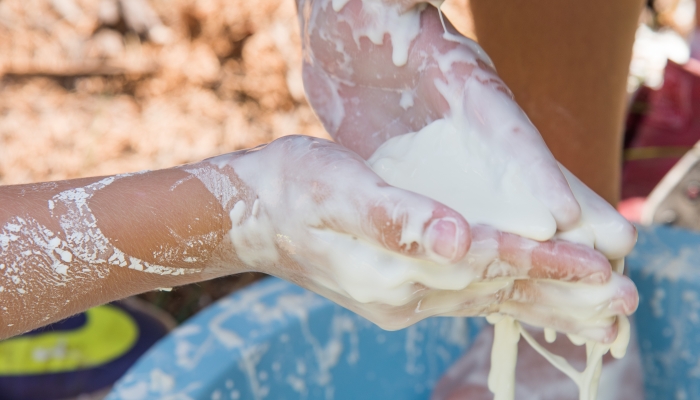
Luckily, no harsh chemicals are used when making oobleck, but you still want to ensure your child washes their hands afterward and avoids touching their eyes. Oobleck can leave residue on your hands, so help your little ones wash thoroughly.
In addition, while oobleck isn’t poisonous, it tastes terrible, so don’t let little ones put it in their mouths. No one really wants to eat a mixture of water, cornstarch, and food coloring.
Additional precautions to consider when making oobleck are:
- Don’t dump the oobleck down the drain.
- Protect your table with a plastic cloth.
- Wear an apron or old clothes.
- Avoid getting oobleck on furniture and other fabrics.
- Create a sensory room for activities to avoid unnecessary messes elsewhere.
If you want a break from the mess next time you make a craft with your kids, try sensory bags as a great alternative!
FAQs
How can I dispose of leftover oobleck responsibly?
You don’t want to pour leftover oobleck down the sink because it can clog pipes. Instead, leave it out overnight, put it in a plastic bag, and throw it in the trash. While washing dusty hands in the sink is fine, if your children have really messy hands, you should wash them off outside.
What’s the best way to store oobleck for long-term use?
It’s best to store oobleck in an air-tight container or plastic bag when your kids aren’t using it; otherwise, it will dry out. However, once you notice dirt and grime, it’s likely time to throw it away and start again.
What’s the best way to clean up oobleck from surfaces and clothing?
Oobleck is known for leaving residue, so it’s best to allow it to dry and sweep up the cornstarch powder.
It’s also recommended that you create the oobleck on a plastic tablecloth, which makes for easy cleanup and saves your table from food coloring. Your kids can use warm water to wash the residue off their hands.
References
- What Is Sensory Play? The Benefits for Your Child and Sensory Play Ideas. Cleveland Clinic. (2022, March 17). https://health.clevelandclinic.org/benefits-of-sensory-play-ideas
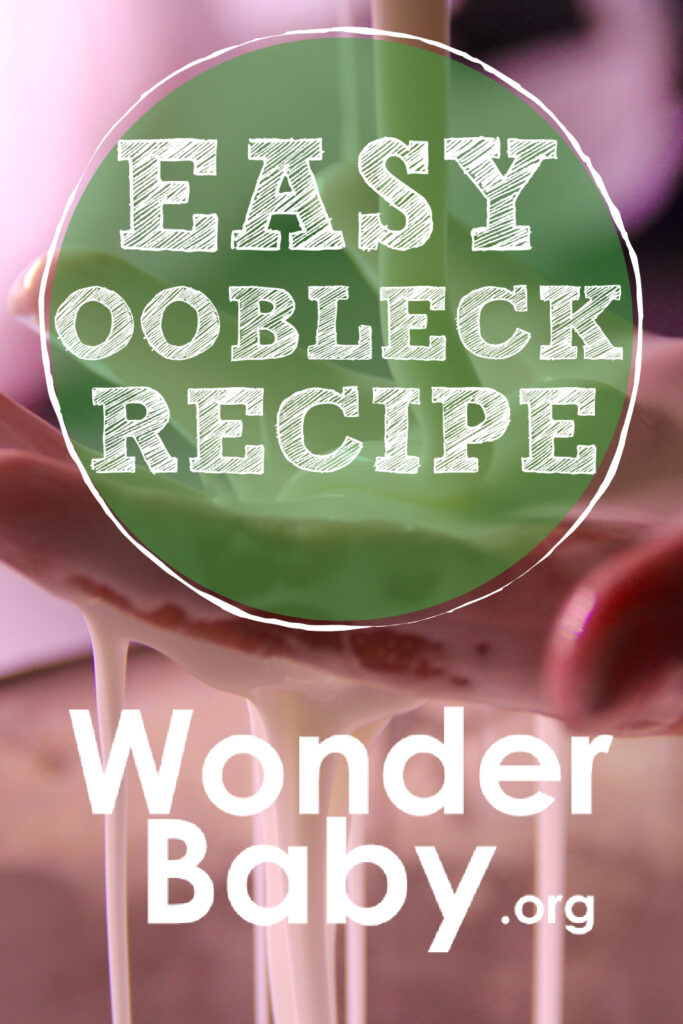
Related Posts
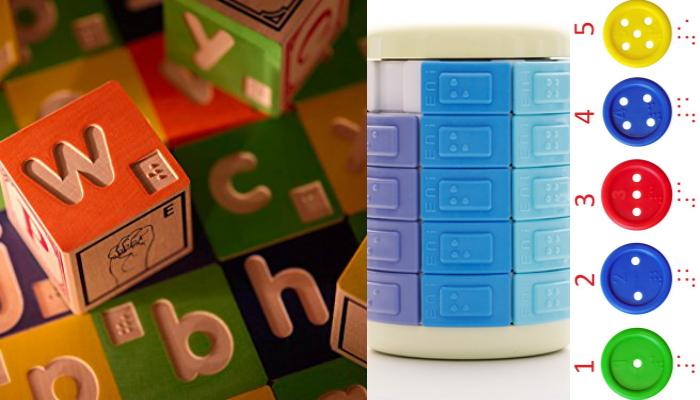
Braille and Literacy, Toys, Visual Impairment
24 Braille Toys for Kids Who are Blind
Everything from alphabet blocks to raised line coloring pages and activity books to puzzles to card and board games... and so much more! And it's all in braille ready for...
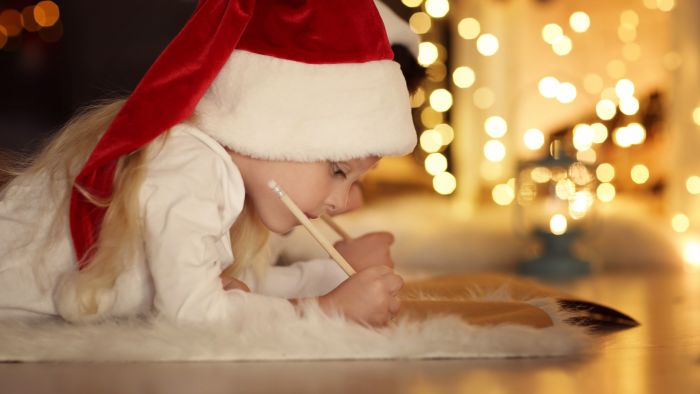
Holiday Crafts and Ideas
Should Parents Lie to Their Kids About Santa Claus?
Should parents lie about Santa? Find out how to balance trust, magic, and holiday traditions right here!
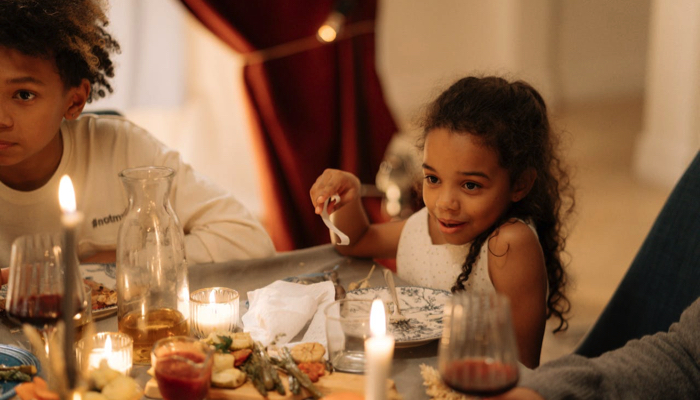
Holiday Crafts and Ideas, Special Needs
5 Tips for a Peaceful Thanksgiving with Your Child with Disabilities
Thanksgiving can be a joyful yet overwhelming holiday, especially for families with children who have sensory, motor, or dietary needs.
